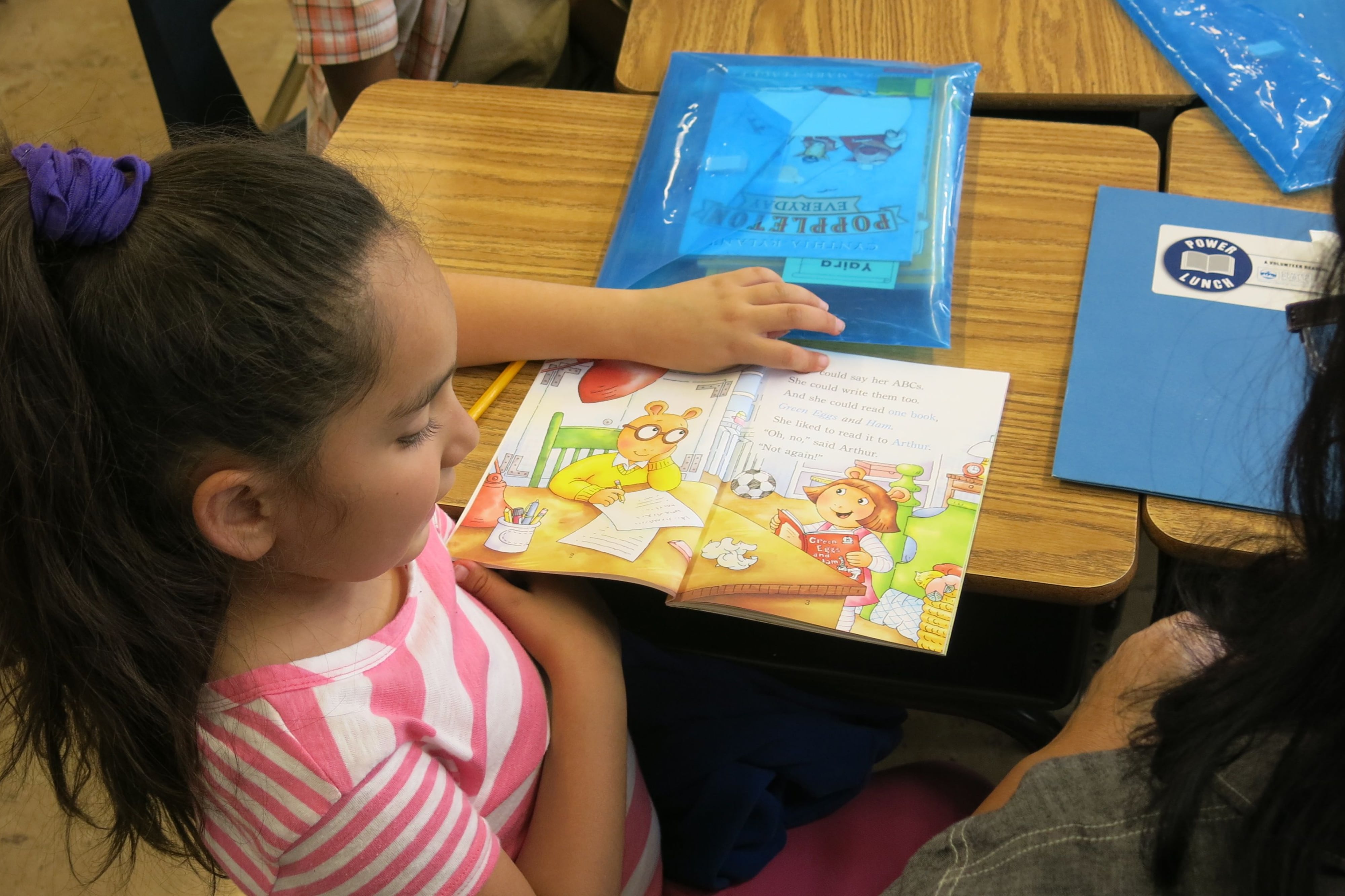Colorado’s education department has approved eight core reading curriculums that meet new stricter standards and has rejected more than a dozen others, some that are widely used in the state’s schools.
The new list, released earlier this month, fortifies the state’s effort to boost stagnant third-grade reading proficiency rates. It could also prompt friction between some districts and the state over how curriculum decisions are made and how far local control extends.
While the fallout from coronavirus, from school shutdowns to looming funding cuts, is sure to shift the curriculum conversation, state leaders say efforts to improve reading instruction are more important than ever.
Colorado Education Commission Katy Anthes told the state board in March that a 2019 reading law, which includes new rules on reading curriculum, “is a critical lever and will become even more critical as we start to see gaps emerge” in student learning because of the pandemic.
Half of Colorado’s 30 largest districts use at least one of the 14 core reading curriculums the state declined to approve. They include three big metro districts — Denver, Cherry Creek, and Aurora — plus others around the state, from Colorado Springs to Fort Collins to Grand Junction.
A recent Chalkbeat investigation found the state’s 30 largest school districts and three charter networks together use three dozen core reading curriculums, often different ones in neighboring schools. Some of the programs use discredited or inconsistent approaches to teach reading, which experts say takes a particular toll on students from low-income families and those with disabilities.
Among the curriculums that didn’t make Colorado’s new list are Units of Study for Teaching Reading, a popular program nationwide often referred to as Lucy Calkins; Benchmark Advance, which is used in many Denver Schools; and ReadyGEN, which is used in more than a half-dozen Colorado districts.
The state approved three curriculums for all K-3 grades: Into Reading, Open Court Reading, and the Writing Road to Reading. A fourth curriculum, Superkids, was approved for kindergarten through second grade. It doesn’t have materials for third grade. The state also approved four other curriculums for certain grades within the K-3 span.
While school districts are not technically required to select reading curriculum off the state’s new list, that list reflects programs that state leaders consider to be supported by science. And with a new state law requiring districts to report which science-backed reading curriculum they use starting next school year, what’s on the list matters.
State officials say the new list isn’t yet final because many publishers are appealing the rulings of the 45-member panel of educators and state education staff that conducted the reviews. That includes most of the publishers of the 14 core curriculums that didn’t make the cut. In addition, four publishers are appealing because their curriculums were endorsed only for certain grades and they want approval for additional grade levels.
The rulings on appeals are expected by June 30.
Leaders from Denver, Cherry Creek and Aurora all declined interviews with Chalkbeat about how they’ll proceed given the state’s decision not to approve one or more of the reading curriculums used at their schools.
A spokesman from the Aurora district, which uses two curriculums that didn’t win state approval — Lucy Calkins, and Fountas and Pinnell Classroom — said since the appeals process is underway, it would be premature to comment.
Denver officials sent a written statement saying they use Benchmark Advance because it aligns with the Common Core State Standards and includes Spanish materials that are comparable to corresponding English materials. The state’s initial review of most Spanish-language reading curriculum is still underway, but it did conduct a review of Benchmark Adelante — the Spanish version of Benchmark Advance — and didn’t approve it.
Officials in Denver, which adopted Benchmark Advance in the 2015-16 school year, said they’ll share their next steps once state curriculum reviews are complete.
Colorado education leaders have said previously they’ll work with districts to adopt science-backed reading programs and that they have the power to penalize districts that don’t make a good-faith effort to switch. But the coronavirus pandemic and the education cuts that may follow could change things — perhaps by delaying expensive curriculum adoptions. Districts often adopt new curriculum every six to seven years.
Asked about the timeline for getting districts to switch to science-backed reading curriculum, Floyd Cobb, the state education department’s executive director of teaching and learning, said he didn’t know how many years it could take “because of this world we’re in right now.”
He also said state officials may approach things differently depending on how much disparity there is between a district’s reading curriculum and new state-required 45-hour training for K-3 teachers on science-based reading instruction. For example, a district using curriculum that was on the state’s old approved list but not the new one could be treated differently than a district using curriculum that was never approved by the state and aligns less to the new training.
“That’s why the conversation is so context specific,” said Cobb.







